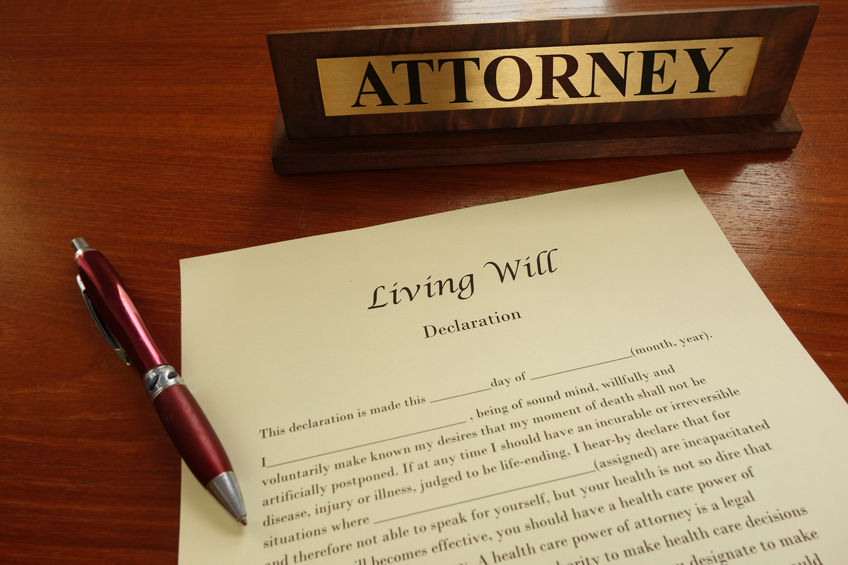A living will is a legally binding document that explains an individual’s personal choices about end-of-life medical care in cases where they become incapacitated and can no longer make decisions for themselves. For example, the living will would state whether an individual would want to be kept alive through life support or whether they would not like to receive any life support, including artificial nutrition and hydration.
Why is a Living Will Important?
In Florida, an individual who is no longer able to make decisions about their medical care due to incapacitation, may decline any death delaying procedure if expressed in their living will. If there is no living will, typically the burden of making a medical decision would fall on close members of their family. For example, in Florida, it would be your spouse or adult children. Thus, a living will eliminates the need for families to make hard choices by detailing an individual’s personal wishes.
What are Florida’s Requirements for a Living Will?
In Florida, a living will does not require a notary to be considered valid. However, it must be executed in the presence of two witnesses, of whom one cannot be a spouse or blood relative. Accordingly, once the living will is signed it becomes effective.
What is in a Living Will?
Living wills usually contain the following information:
- Whether you want to donate your organs after death;
- What kind of pain medication or procedures you would be okay with;
- Choices regarding specific medical conditions you may suffer from; and
- Life-prolonging medical care: whether you want treatments such as blood transfusions;
- CPR, diagnostic tests, dialyses, use of a respirator, and surgery.
Is a Living Will the same as a Medical Power Of Attorney?
No, a medical power of attorney (“POA”), also known as a “healthcare proxy,” is used to appoint an individual to make medical decisions on your behalf. In Florida, a medical POA takes effect immediately and remains in effect in the event of incapacitation.
Is a Living Will Valid from State to State?
Most states will recognize an out of state living will, as long as the document complies with the laws of the state where the living will was signed or if the living will complies with its own state’s laws.


